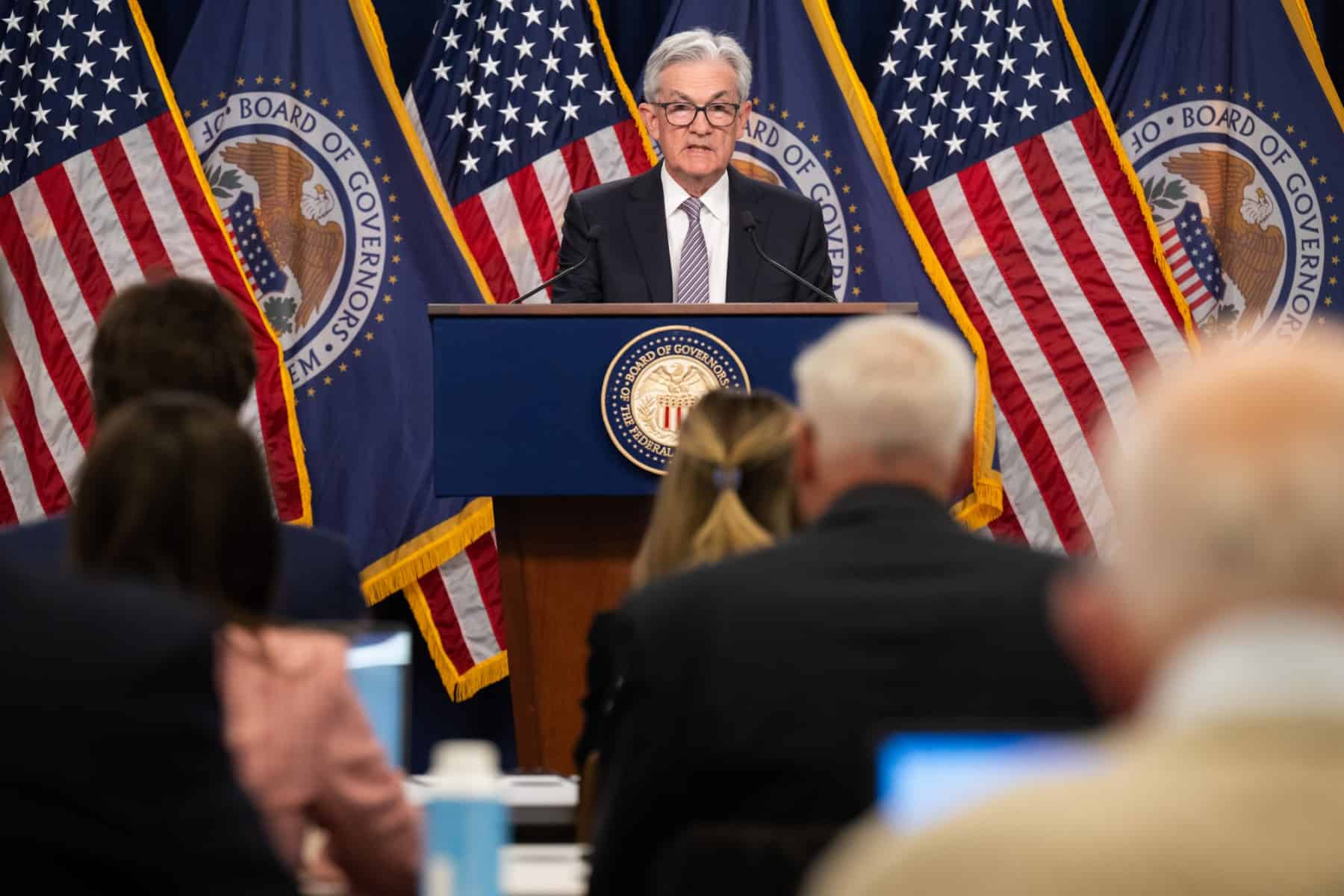LONDON — The US Federal Reserve’s recent decision to raise interest rates by 25 basis points is a grave mistake amidst ongoing financial market turmoil and recession red flags. This move, confirmed by Fed Chair Jerome Powell at the Federal Open Market Committee meeting, brings the benchmark interest rate to 5-5.25 percent, the highest since 2006. However, this decision could have severe consequences for the US and global economies.
The Fed’s failure to act earlier on inflation was a significant miscalculation, and now they have made another mistake with this interest rate hike. It could potentially trigger not only a short-term but also a longer-term recession in the world’s largest economy, with detrimental effects on the global economy.
There are three key reasons why the Federal Reserve’s decision to raise rates this time is misguided. Firstly, the crisis within the US financial system is far from over. Concerns of further bank failures persist, leading to a drop in bank lending and tightening credit conditions for households and businesses. This will inevitably result in an economic slowdown and reduced hiring. Even Chair Powell himself acknowledged that the banking crisis alone had an impact equivalent to at least one quarter-point rate increase. By tightening financial conditions through their interest rate hikes, the Fed is exacerbating the very banking crisis it aims to overcome.
Secondly, the effects of monetary policies have a long time lag. It can take 18 months to two years for the full impact of rate hikes to be felt in the economy. The Fed’s decision fails to consider this delayed effect, potentially amplifying the negative consequences down the line.
Thirdly, the bond market’s inverted yield curve is indicating a possible recession. Historically, an inverted yield curve has preceded almost all recessions since 1960. This suggests a long and/or deep recession may be on the horizon. Ignoring this warning sign, the Federal Reserve is proceeding with rate hikes that could intentionally push the consumer-led US economy into a recession.
It appears that the central bank is willing to sacrifice parts of the economy and tighten its grip on households and businesses to combat inflation. However, this strategy risks doing more harm than good.
The Federal Reserve has made another mistake. It is crucial now that they refrain from further rate hikes for the sake of the real economy and to salvage their own credibility. Let us hope that this is their last rate hike in the foreseeable future.
Nigel Green is deVere Group Chief Executive Officer.
The opinions expressed are those of the author and may not reflect the editorial policy or an official position held by TRENDS.








